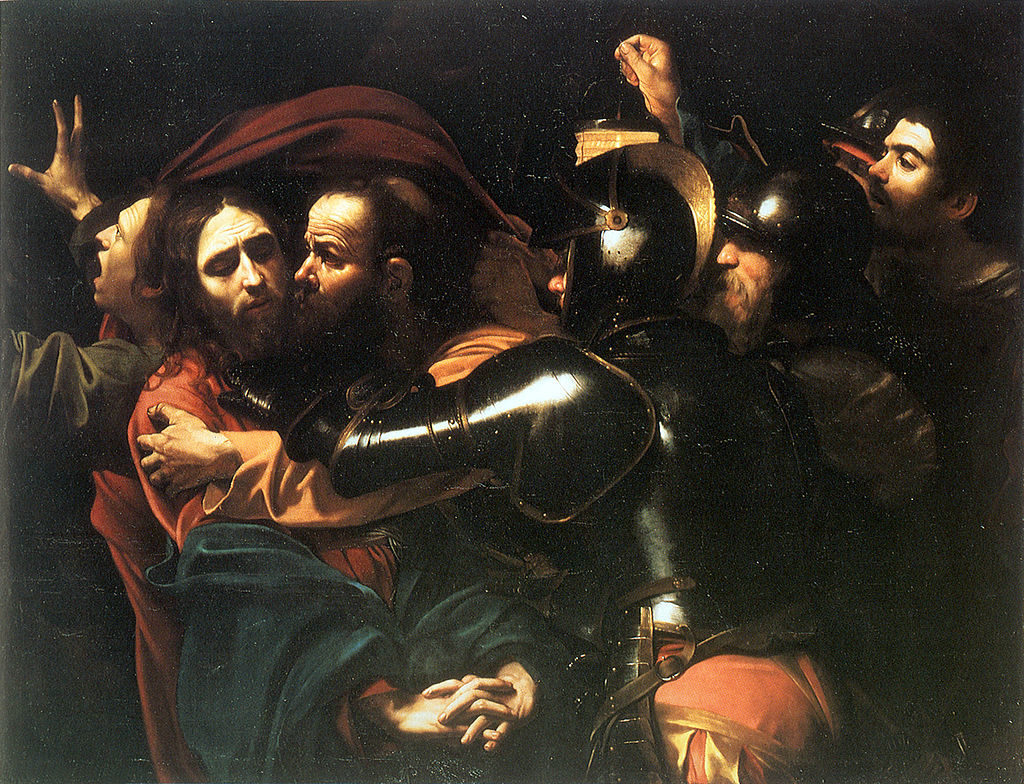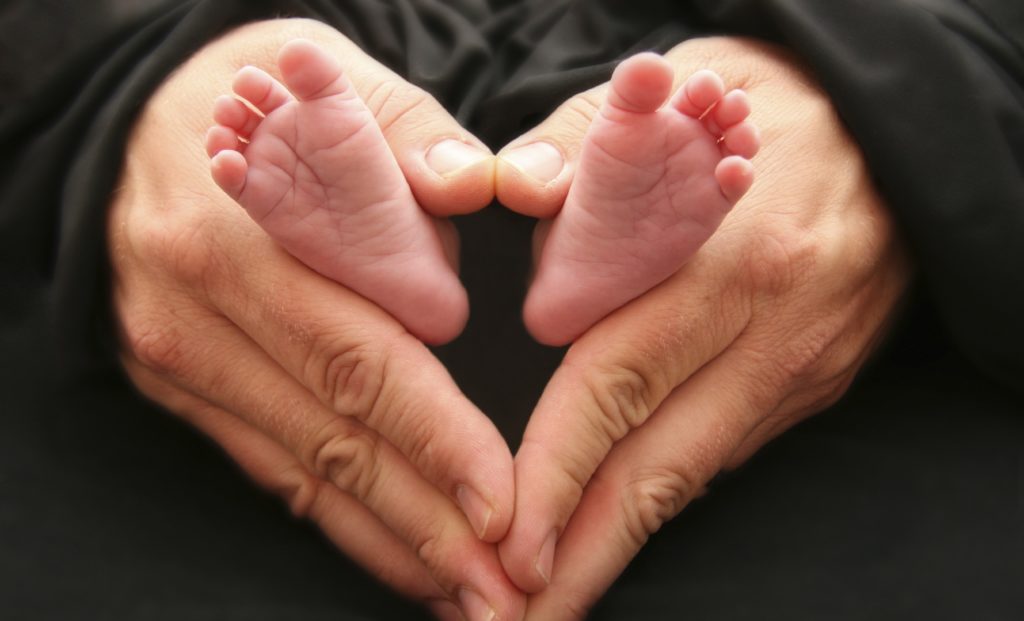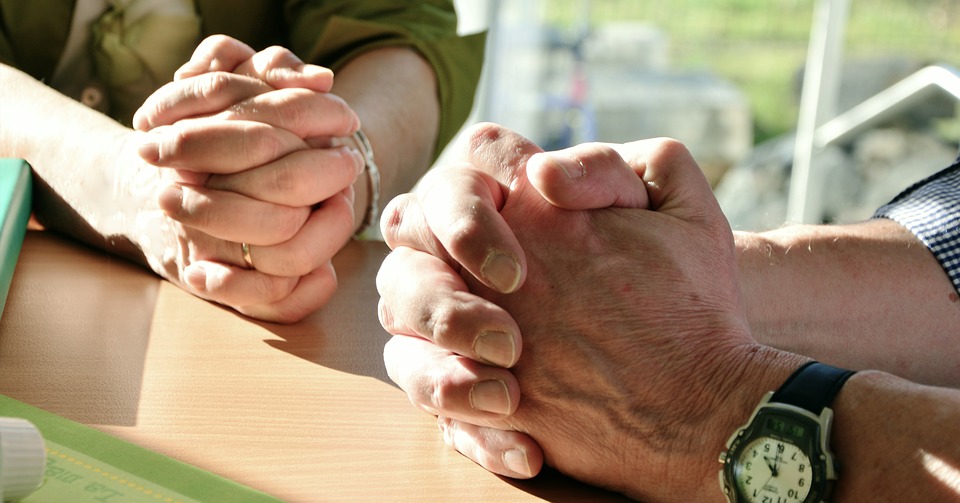Learning the Power of Charity from the Early Christian Church
In this article, I’m going to focus on last Sunday’s first reading from the Acts of the Apostles. It’s a short passage describing early Christian life. The community of believers was of one heart and mind, and no one claimed that any of his possessions was his own, but they had everything in common. With […]
Learning the Power of Charity from the Early Christian Church Read More »










